We are now in the middle of a global pandemic… or at least we hope so. Worst case scenario, the pandemic has just started and we’re in it for the long run. Parallel to the spread of COVID-19, another pandemic has spread all over the world – worldwide cancellations of all planned travels.
This article is the first Monday Report, a series of special posts every Monday in April 2020, dedicated to current questions in tourist sector. This April 2020 all guided tours are cancelled, but Rilak’s Zagreb Guide is continuing online, with…
- Monday Report (every Monday, articles about tourism and travel industry)
- Wednesday Word – Croatia in Their Words (sharing stories about Croatia from other writers)
- Croatian Thursday (new post about our country)
- Zagreb Couch Guide – new article every Friday in our section Zagreb City Tour

Never has a crisis in travel sector affected everybody at the same time, all over the world. Hotels, tour operators, galleries or restaurants; buses, cruise ships or planes; drivers, guides or destination managers. They’re all together watching cancellations as quick as the countries are closing borders. World Travel & Tourism Council estimates some 50 million jobs lost, and it really doesn’t matter who and where you are – cancellation will find you, just like the virus.
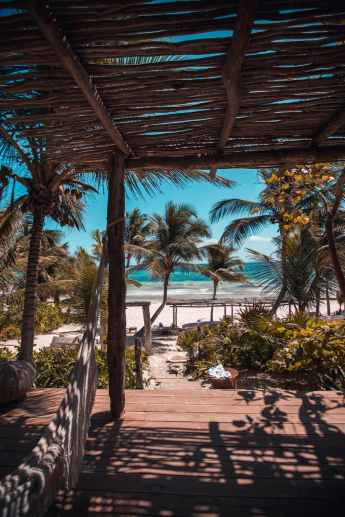
Is tourism, as we know it at least, ending for good? In greatest optimism, let’s imagine worldwide epidemic is contained by the end of April, can we expect everything returning back to normal in May or June? I highly doubt it – in best case scenario, everyone will be hit by recession with no extra money to be spent on travels, at least in the short run. But, it’s not the end – tourism and travel industry will recover, although probably undergoing some major changes.
By trying to put some things into perspective, I decided to check what the final consumers in our sector – travelers or tourists are saying? Will everything come back to normal or are they changing their habits as well?
- End of cruises?
Judith Curry is giving an almost certain prediction on how everyone will feel about certain travel aspects after this crisis.
Traveling and tourism will undoubtedly change. While I have never been on a big cruise trip, I can’t imagine getting on such a ship after all this. I suspect that air travel won’t recover to its previous level.
In my opinion, cruises will probably still continue, although in a limited amount. In stead of enormous city-ships, we will maybe have more smaller ships. Cruise companies will be encouraged or even obligated to think more about the ecology and health standards – they will maybe not be obligated to do it by law, but their clients will probably now take every detail into account. In a perfect world, cruise companies would offer less service on their ships and encourage their clients to support the local economies of the places they visit.
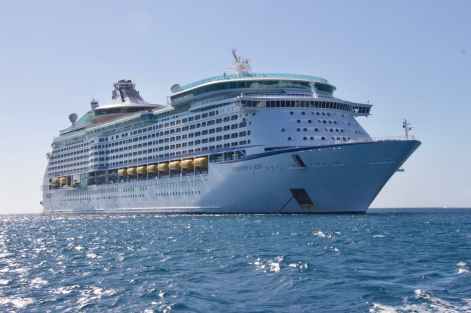
2. Less mass tourism, more travel
Will people stop traveling for pleasure forever? Browsing the Atlas has some encouraging thoughts…
But as melodramatic as it sounds, I need to travel. Traveling to different parts of the world, experiencing new cultures, learning about new sub-cultures/sports/events/sights fuels me spiritually in a way that nothing else does.
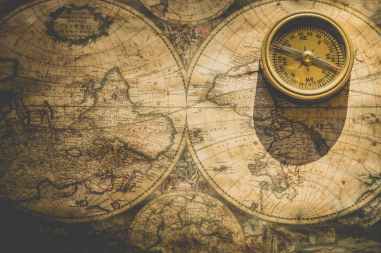
This is why I always like to create that “added value” to the groups I’m guiding. In my work, regardless if I’m working that week for an agency who couldn’t care less and is just happy with good grades or for an operator who really cares about my work, I always try to explain to my groups: “Yes, of course you’re on vacation. I’m just a tour leader / a guide, making sure everything runs smoothly. But, you’re in this city just one, two or three days of your life. We can spend an entire afternoon at the beach, but we can also limit it to 2-3 hours. Let’s maybe visit a local market, a gallery, there’s a concert in a small church nearby, or let’s just have some coffee together and practice your Croatian language skills with a waiter…”
Maybe there will be a change in mindset, that “travel” is not something taken for granted but an experience to be cherished forever. Educational or cultural or any sort of specialized travel will hopefully be on the rise.
3. “Staycation”
In the short run, the best way to help local tourism sector is to travel locally. Cynics would say, with the lack of money and closed borders, that’s the only travel possible these days. Here’s an opinion from Ireland, by CarpediemEire:
If the tourism industry is to recover from this catastrophic shock, we must first help regain the confidence of our local markets. Coming from Ireland, where 6% of our GDP comes from Tourism, that’s a major shortfall in our economy. Needless to say it’s not just the Irish economy, the whole world right now is suffering. A staycation doesn’t need to mean a week in a local resort or tourist centre. It can be as simple as staying at home and visiting some local attractions.
In Croatia, the economic catastrophe could be even worse – almost 20% of our GDP comes from tourism, according to some calculations. Local travels could save something, but not everything.
This is an ongoing problem, and everything is uncertain, for now… Let’s just hope for the best. Travels are now a distant dream. Let’s hope it’s a dream it comes true.
If you’re in the travel industry – how are you coping with this unprecedented shock?
If you’re a traveler – if and when all this ends, will you continue with your plans as if nothing had happened or will there be some changes?
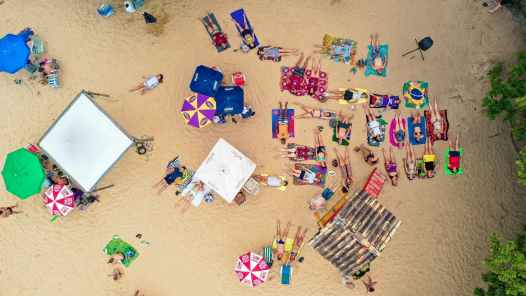
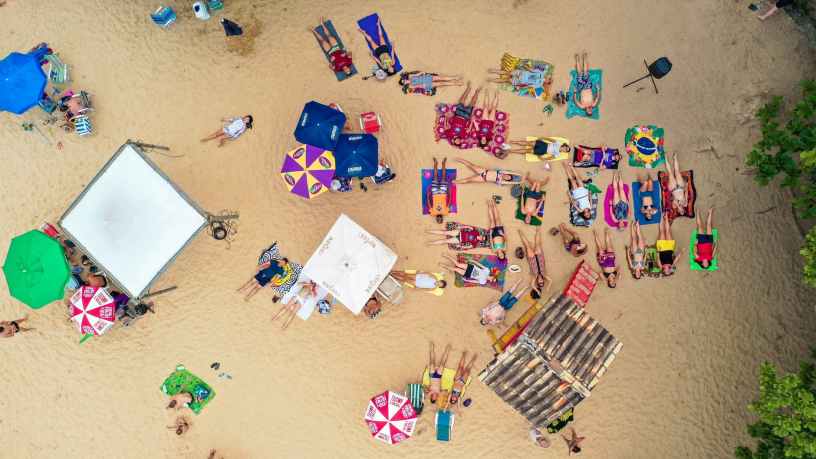
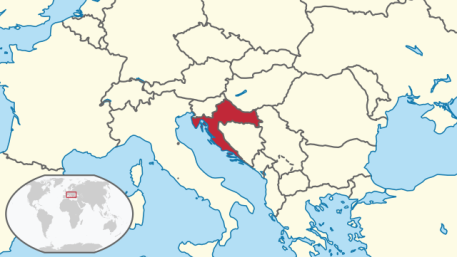




Dejan, this is a good summary of the state of the industry as well as a realistic picture of the issues going forward. I suspect that one big change for travelers in the future will be much closer medical scrutiny. Every country in the world that has the virus except China, got the disease from travelers, so it will be a top priority of immigration officials. It will mean more hoops for travelers to jump through, but people aren’t going to lose their desire to travel and eventually, we’ll all be back on the road again. All the best to you and good health. ~James
LikeLiked by 1 person
I hope not, but I think there won’t be proper tourism until next year. However, mass tourism has destroyed many destinations so I welcome changes in travel industry
LikeLike